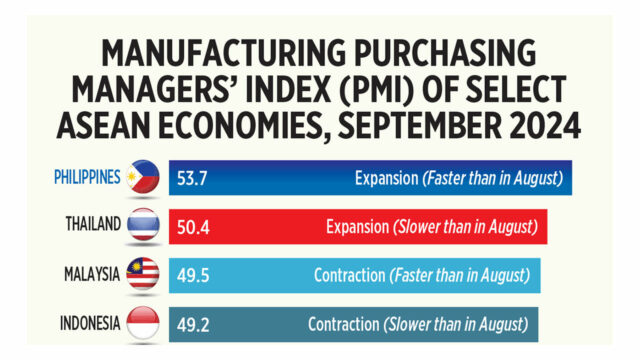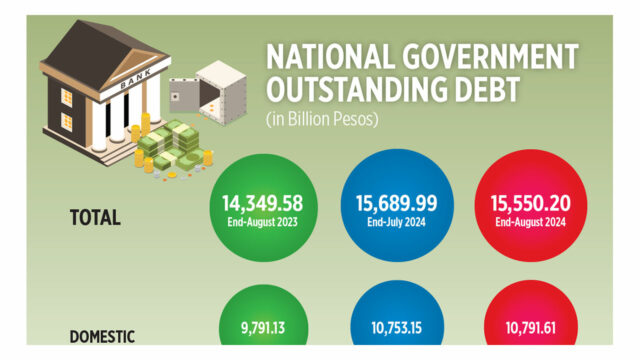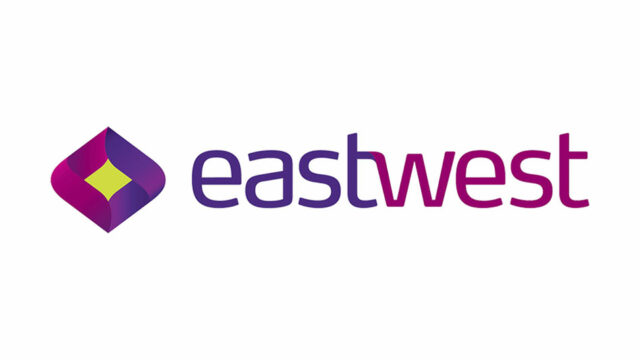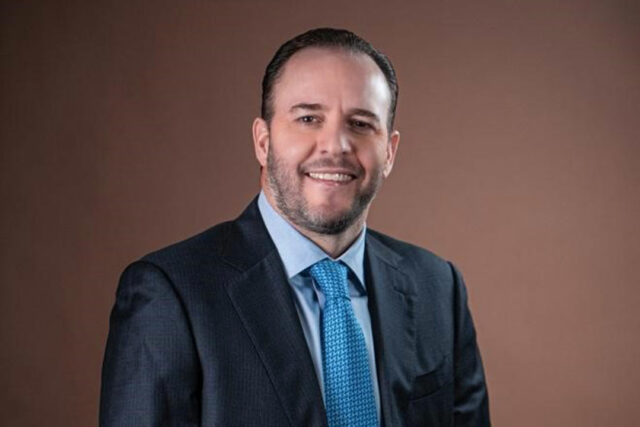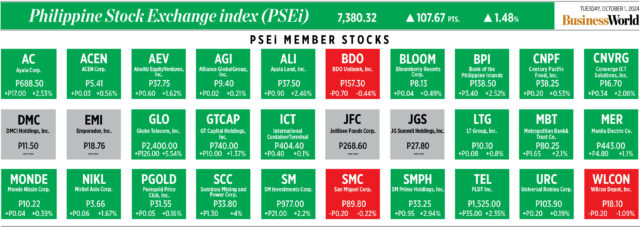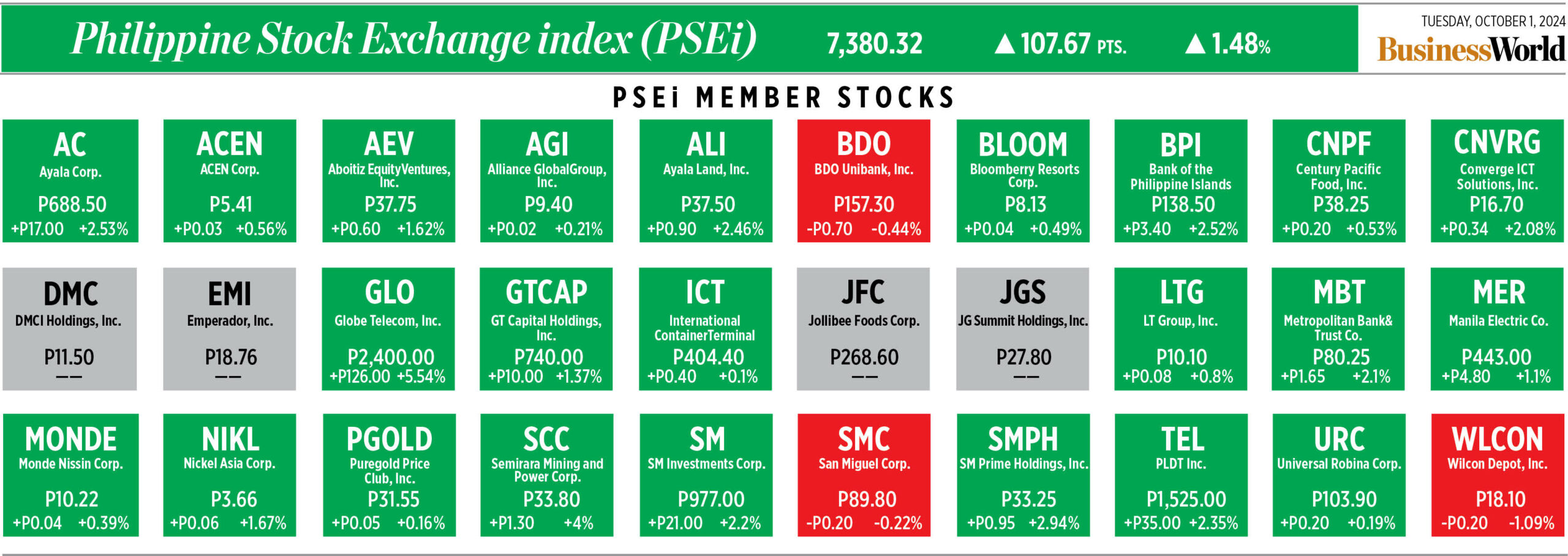Banks’ end-June outstanding foreign currency loans decline by 2.7%
OUTSTANDING LOANS granted by banks’ foreign currency deposit units (FCDU) declined at end-June from the previous quarter, the central bank said, as principal repayments outpaced disbursements.
The Bangko Sentral ng Pilipinas (BSP) in a statement late on Monday said loans granted by the FCDUs of banks dropped by 2.7% to $15.63 billion as of June from $16.07 billion at end-March.
Meanwhile, year on year, outstanding FCDU loans rose by 1.6% from $15.39 billion.
FCDUs are BSP-approved bank units that perform transactions involving foreign currencies, including deposits and loans.
Gross disbursements went up by 3.9% to $19.9 billion in the second quarter from $19.15 billion in the previous quarter.
This was mainly due to the “increase in funding requirements of a foreign bank branch affiliate,” the BSP said.
Meanwhile, loan repayments jumped by 11.5% to $20.33 billion from $18.23 billion. This resulted in an overall net repayment in the second quarter.
The bulk or $11.997 billion of banks’ outstanding FCDU loans was made up of medium- to long-term debt, or those payable in more than a year. This comprised 76.7% of the total, a tad lower than the previous quarter’s 79.1% share.
Meanwhile, short-term debt stood at $3.636 billion, making up the remaining 23.3% share.
By borrower, FCDU loans granted to residents amounted to $9.48 billion or 60.7% of the total loans at end-June. Per sector, the majority of resident loans went to merchandise and service exporters (26.2%); power generation companies (22.4%); and towing, tanker, trucking, forwarding, personal and other industries (17.7%).
Meanwhile, foreign currency loans to nonresidents totaled $6.15 billion as of June.
Local banks accounted for $13.454 billion of total outstanding FCDU loans as of June or 86.1% of the total, with commercial banks disbursing most of these loans, central bank data showed.
On the other hand, banks’ FCDU deposit liabilities declined by 5.9% to $55.16 billion as of end-June from $58.61 billion a quarter prior.
Year on year, foreign currency deposit liabilities climbed by 12.6% from $48.99 billion as of June 2023.
“The bulk of these deposits ($53.85 billion or 97.6%) continued to be owned by residents, essentially constituting an additional buffer to the country’s gross international reserves,” the BSP added.
This resulted in an FCDU loans-to-deposit ratio of 28.3% as of June, up from the 27.4% as of March but lower than the 31.4% logged a year prior. — Luisa Maria Jacinta C. Jocson





